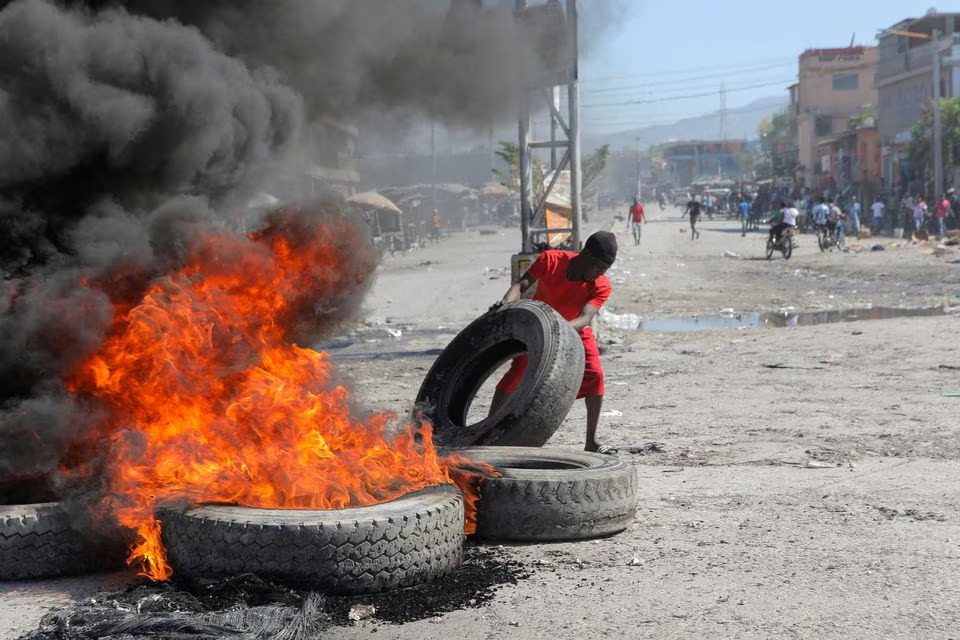(Reuters) – More than one million Haitian children remain out of school and a similar number are under constant threat of violence in the capital Port-au-Prince area because of chronic lawlessness, the regional director of children’s agency UNICEF said yesterday.
UNICEF last year warned that Haitian children are threatened by malnutrition, armed violence, and an outbreak of cholera. Many schools were unable to start the academic year because gangs in September blocked fuel distribution, creating a humanitarian crisis.
Haiti’s political leaders should unite around ensuring children have access to education, food and drinking water, said Garry Conille, UNICEF’s Latin America and Caribbean director.
“If you don’t do this, you’re actually creating a pipeline for the gangs, and this is something that we can’t afford,” he said in an interview with Reuters.
UNICEF is seeking $210 million for its Haiti operations in 2023, more than double what it requested in 2022, due to the growing need to provide services for children, he said.
It is also seeking to address gender based violence and violence toward children in Haitian homes, where corporal punishment remains common.
“Children not only find the opportunity to learn (at school), but it’s also more and more a safe haven in the neighbourhood and a way to escape all sorts of violence,” Conille said.
“I think the international community needs to continue to maintain its focus and provide the necessary resources so that these children can get the support they need.”
A spate of police murders by gangs spurred a protest by police officers who on Thursday attacked the residence of Prime Minister Ariel Henry and later swarmed the main airport.






